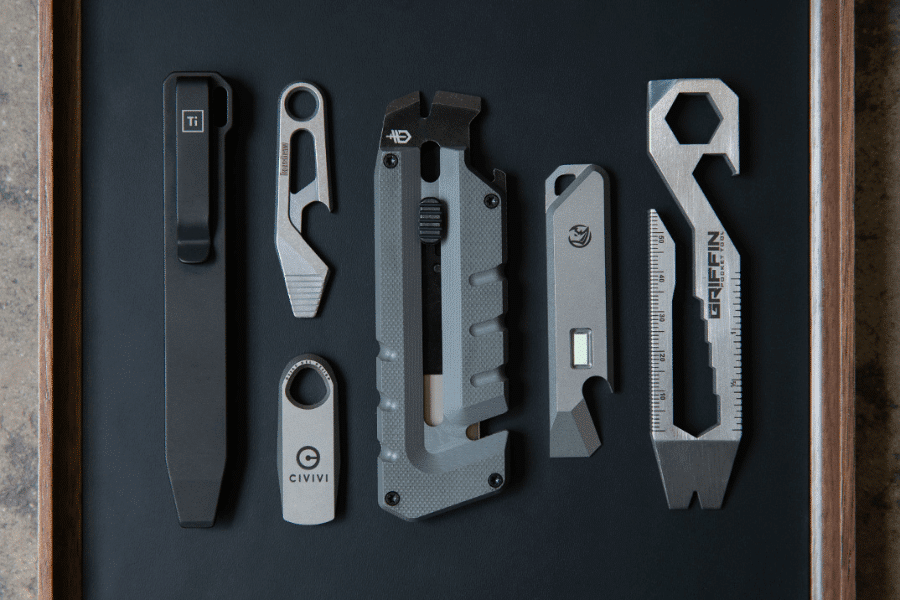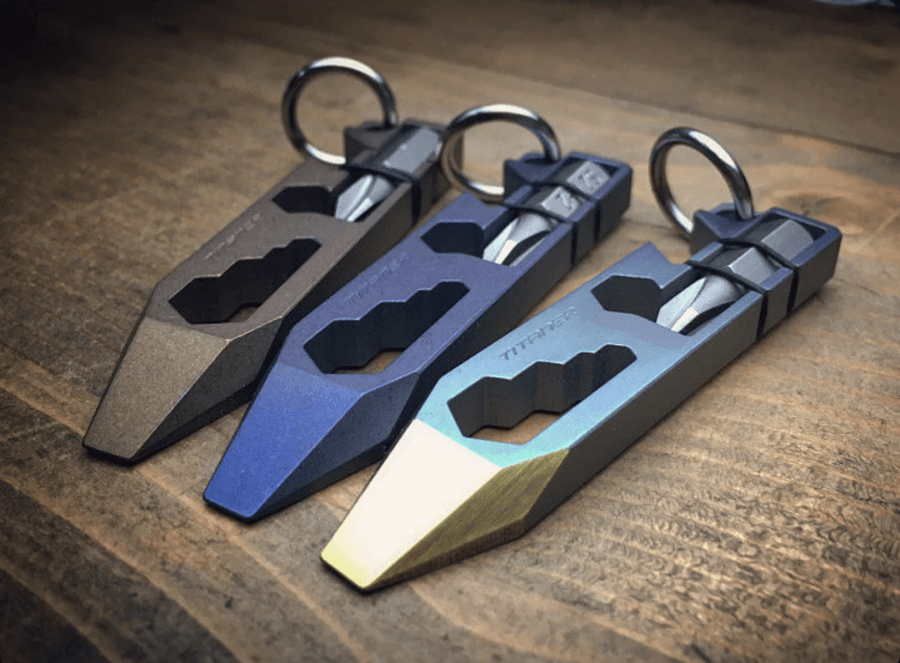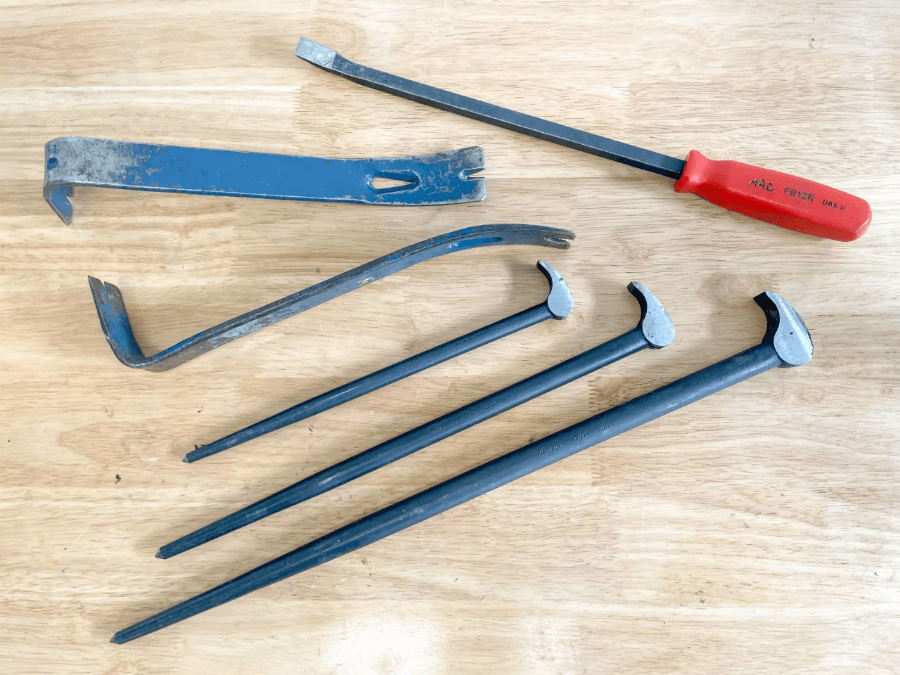📑Table of Contents:
Sometimes the smallest tools are the most powerful. That’s exactly the case with the pry tool. It may look simple, but don’t let that fool you. This unassuming instrument can help with everything from electronics repair to car maintenance, and even home renovation.
Whether you’re opening a phone, popping off a car panel, or removing trim, a pry tool can do the job—cleanly, quickly, and without damage.
Let’s explore what pry tools are, how they work, and why every serious DIYer and technician should own one.

What Is a Pry Tool?
A pry tool is a handheld device designed to separate, lift, or open materials without causing harm. It’s designed to fit snugly into tight gaps and apply controlled pressure. That’s why it’s perfect for delicate tasks like disassembling gadgets or removing automotive panels.
Pry tools come in many forms. Some are plastic. Others are metal. Some are rigid. Others are flexible. But all are designed with one goal: to create space between two surfaces, without breaking or scratching anything.
Common Uses for Pry Tools
You’ll find pry tools used across many industries and hobbies. That’s because they’re incredibly versatile. Here are a few places where they shine.
Electronics Repair
Trying to fix your smartphone? You’ll need a pry tool. Most modern electronics are sealed tightly. A good pry tool allows you to separate screens, cases, or batteries without damaging internal components.
Plastic pry tools are especially useful in this situation. They reduce the risk of static or scratching delicate surfaces.
Automotive Work
If you’ve ever removed an interior panel, stereo system, or dashboard trim, you’ve likely used a pry tool—or wished you had one. These tools allow you to remove clips and covers without snapping them or scratching your car’s finish.
Professional auto shops rely on pry tools every day. And so do serious car modders and mechanics.
Construction and Renovation
Need to lift a tile? Remove baseboards? Pull up nails? Larger pry tools, such as crowbars, flat bars, or nail pullers, are essential here. They use the same basic principle—leverage—just scaled up for tougher tasks.
Appliance and Furniture Assembly
Sometimes you need just a little lift or gap to align parts. Pry tools help guide components into place or gently separate joined sections.
Hobby and Craft Projects
Model builders, electronics tinkerers, and other hands-on creators often reach for mini pry tools. These help apply precision pressure, hold tiny parts, or align small components.
Types of Pry Tools and Their Differences
Not all pry tools are the same. Depending on the job, you’ll want a specific type. Here are some of the most common styles:
Spudger
A spudger is a slim, flat tool used mostly for electronics. One end may be pointed or hooked, while the other is often flat or rounded. They’re great for poking, prying, or guiding wires.
Trim Removal Tool
Usually found in automotive tool kits, these tools come in sets. Each shape is designed for a different panel or clip. They’re often made from nylon or ABS plastic to prevent scratches.
Flat Pry Bar
Also called a wonder bar, this heavy-duty tool is made of steel. It’s perfect for demolition, lifting floorboards, or removing trim.
Crowbar
This classic is all about brute force. It’s used in construction and demolition for pulling apart nailed boards or heavy materials.
Guitar Pick-Style Opener
These small, plastic tools resemble guitar picks and are ideal for inserting into the seams of electronics. They provide just enough pressure to open without snapping anything.
Dual-Headed Metal Pry Tool
These tools often have two different tips—flat and curved. They’re used for disassembling laptops or other tightly sealed gadgets.
What to Look for When Buying a Pry Tool

Choosing the right pry tool depends on the job. However, some features apply universally.
Material Matters
Plastic is ideal for electronics and surfaces that are prone to scratching. Metal works better for forceful tasks, such as pulling nails or lifting panels. Some tools even mix materials, offering plastic tips with metal cores for added strength.
Ergonomic Design
Good tools feel right in your hand. Look for a comfortable grip, especially if you’ll be using it often. Slippery or poorly shaped tools can cause fatigue and increase the likelihood of mistakes.
Thickness and Flexibility
Thinner tools are better for sliding into tight seams. But too thin, and they snap. Flexible tools work for gentle lifting. Rigid ones offer more force. Choose based on your task.
Kit or Single Tool?
Many tasks benefit from a set of pry tools, not just one. Kits offer multiple shapes and sizes. That way, you’re prepared for whatever the job throws at you.
Tips for Using Pry Tools Safely and Effectively
Even a small pry tool can cause damage if used incorrectly. Follow these simple tips:
- Start slow. Please don’t force it. Work around the edges if needed.
- Use the right tool for the job. Don’t grab a metal bar for an iPhone.
- Watch your angle. Lever from underneath, not straight in.
- Wear gloves for heavy-duty work.
- Check for hidden screws or clips before prying.
- Replace worn or bent tools. They can slip and cause injury.
Best Brands for Pry Tools
There are dozens of brands out there, but a few stand out for quality and reliability:
- iFixit – Best for electronics repair toolkits
- Lisle – Great for automotive trim tools
- Stanley – Trusted for heavier-duty pry bars
- TACKLIFE – Affordable pry tool sets for beginners
- Titan Tools – Durable and ergonomic hand tools
Before buying, always check reviews. Also, compare sets vs. individual tools. Sometimes, a full kit costs only slightly more than a single piece.

Final Thoughts
A pry tool may not look like much, but it often saves the day. Whether you’re opening a delicate device or pulling trim from your car, the right pry tool makes the job easier—and safer.
Don’t underestimate its value. If you work with your hands, fix things, or build anything at all, add a few pry tools to your kit. You’ll be surprised how often you use them.





